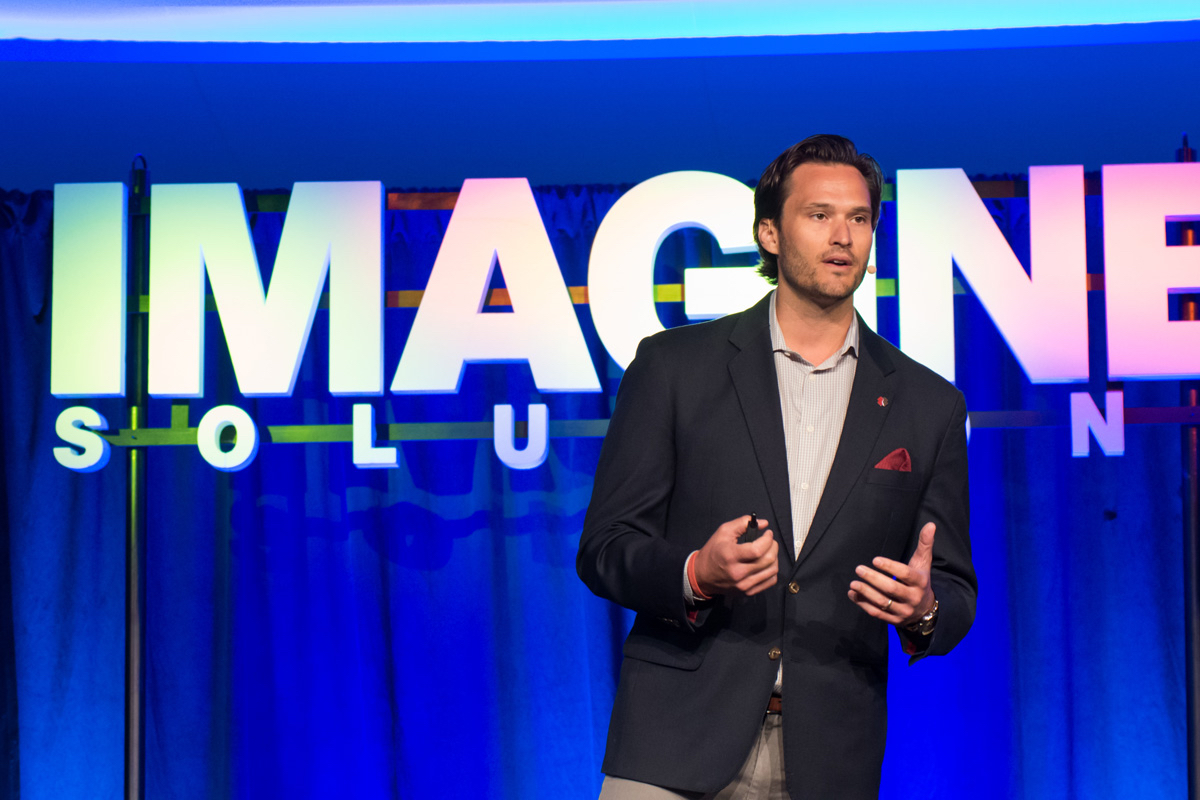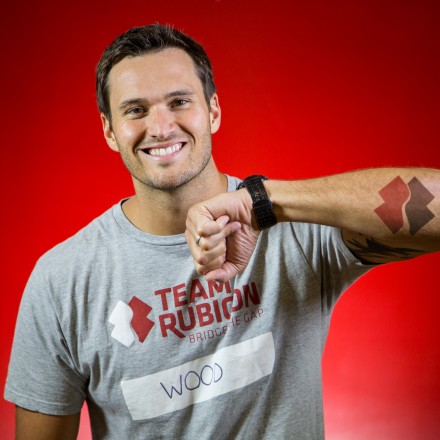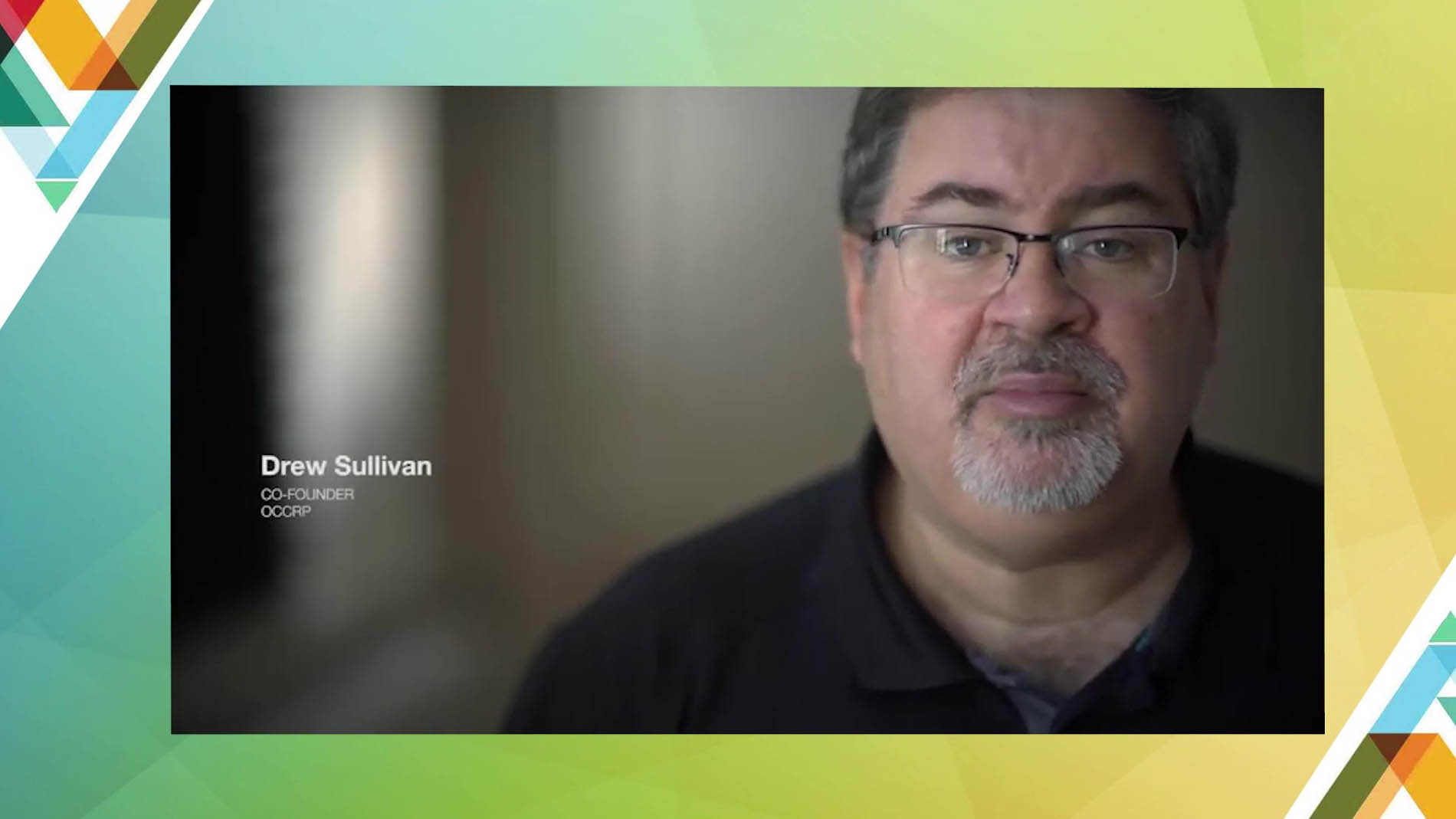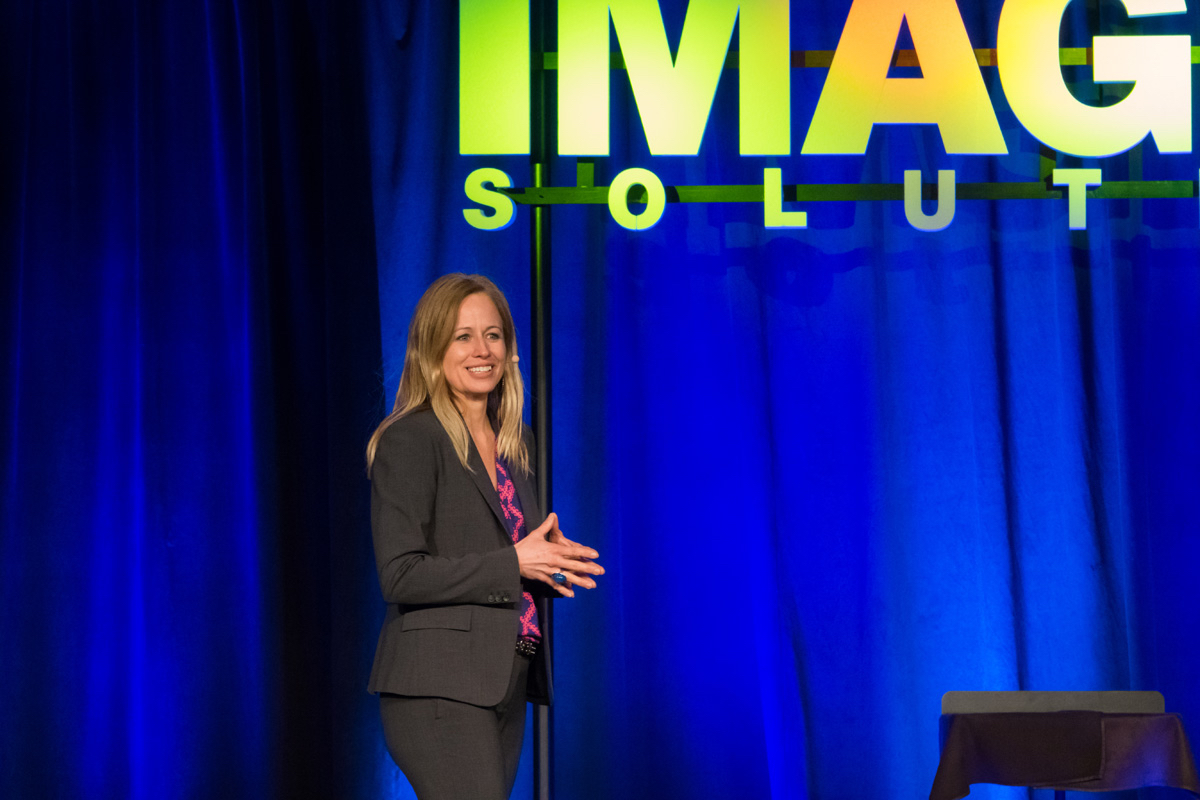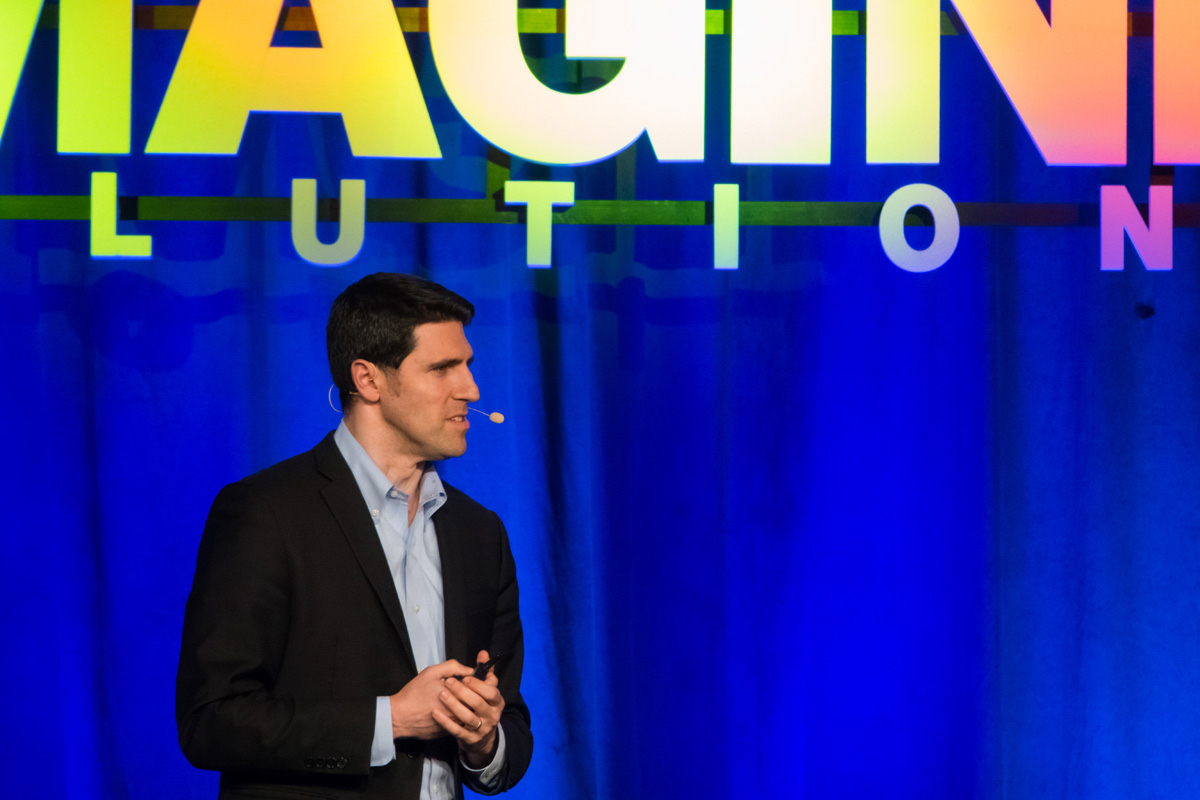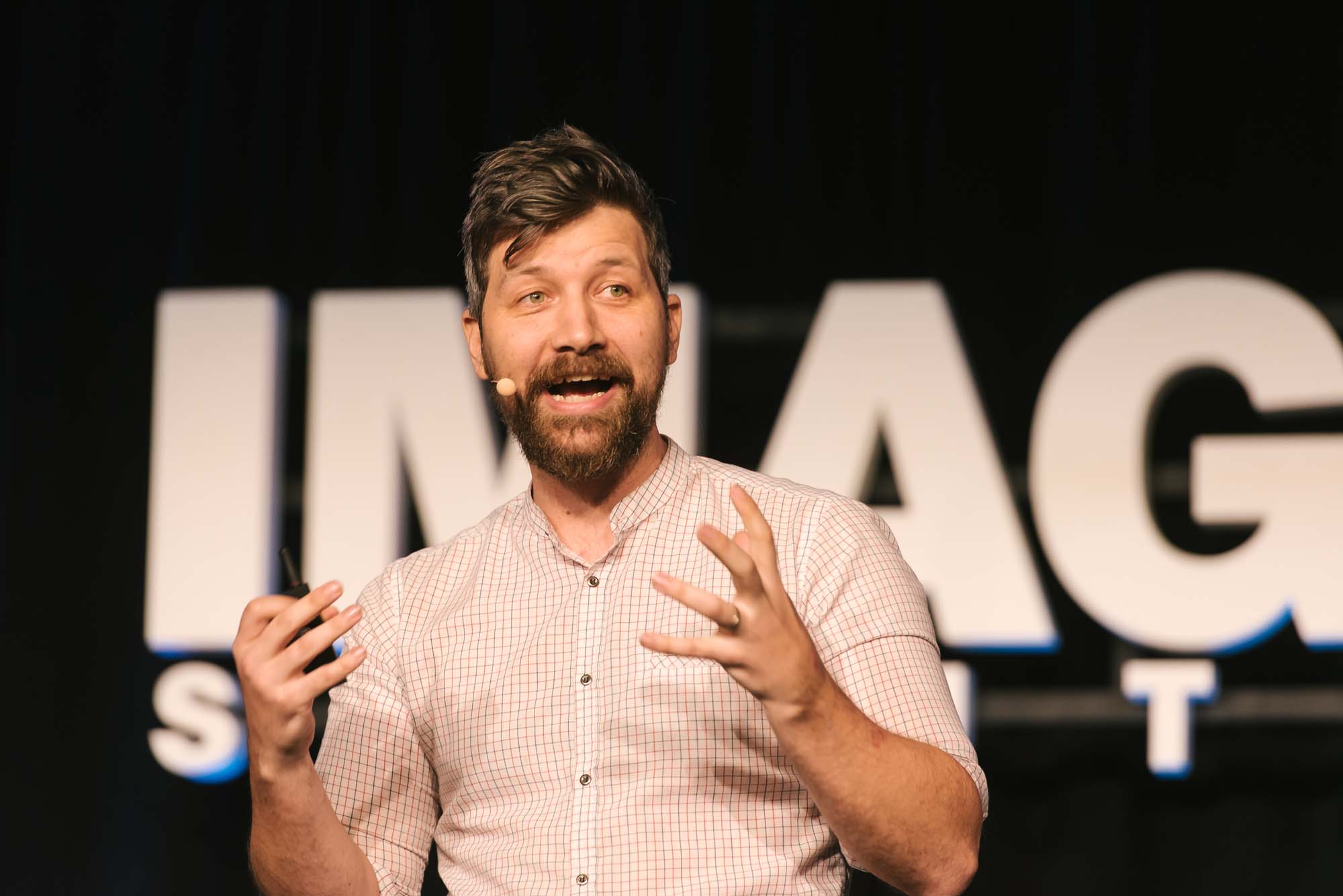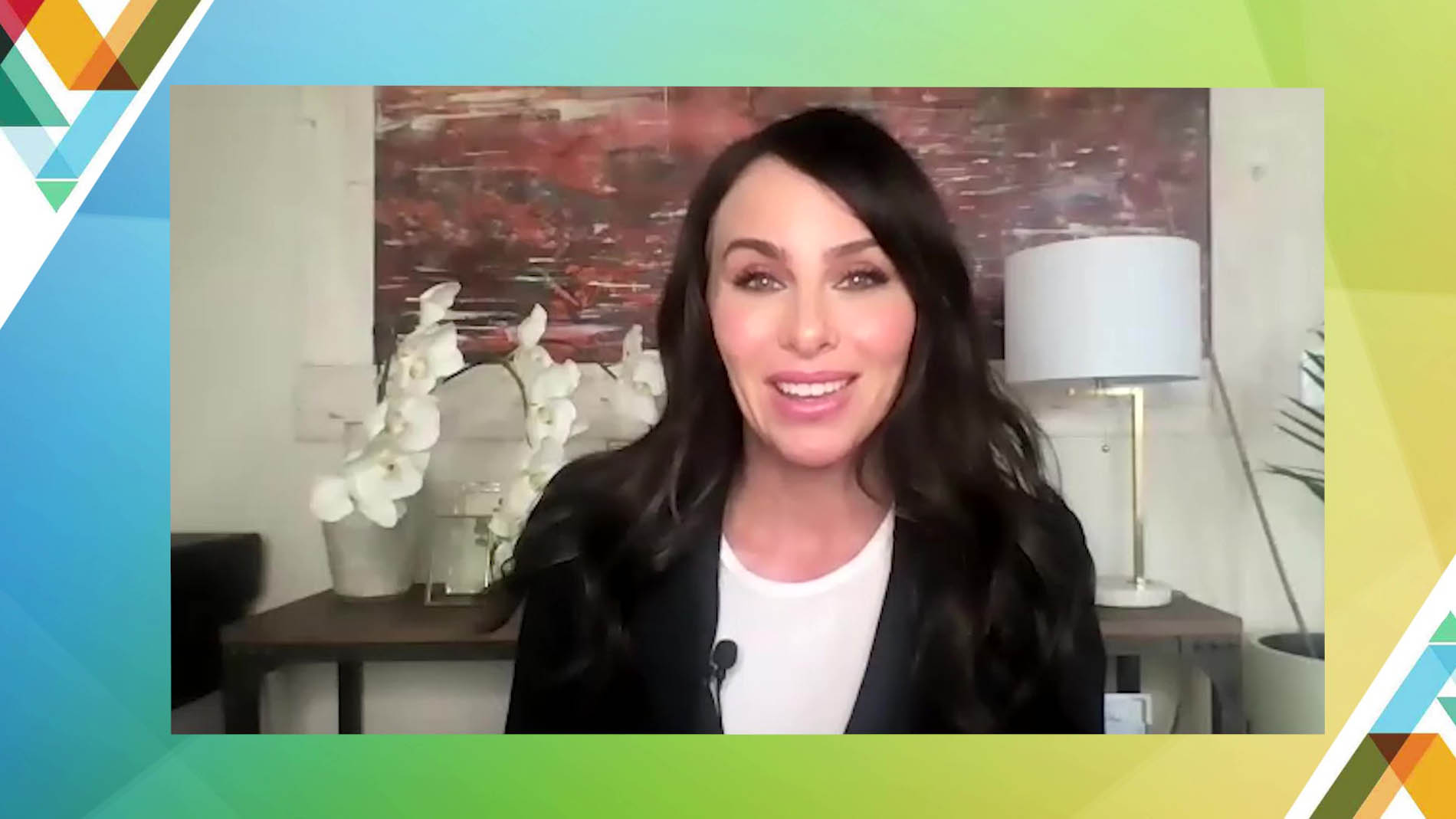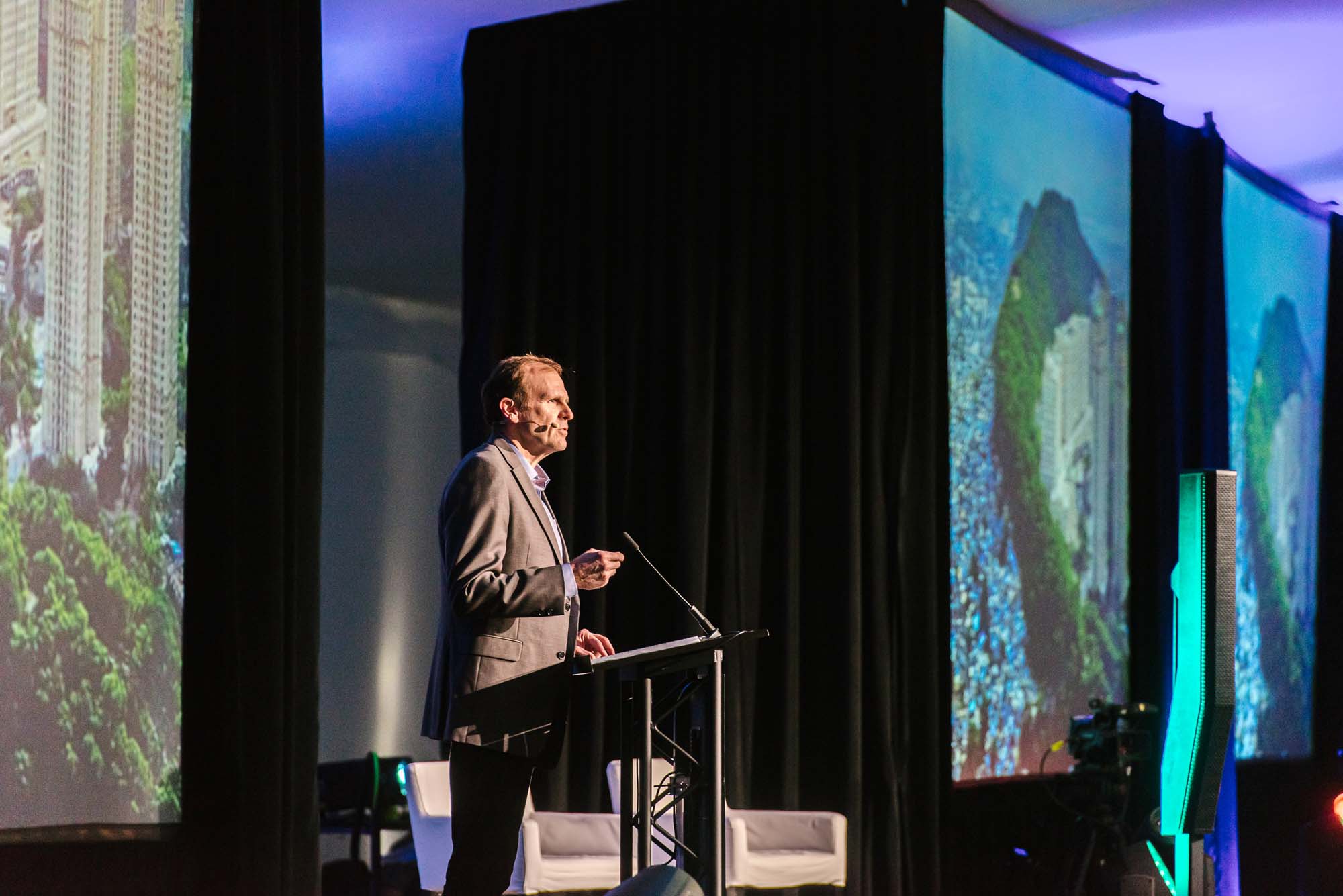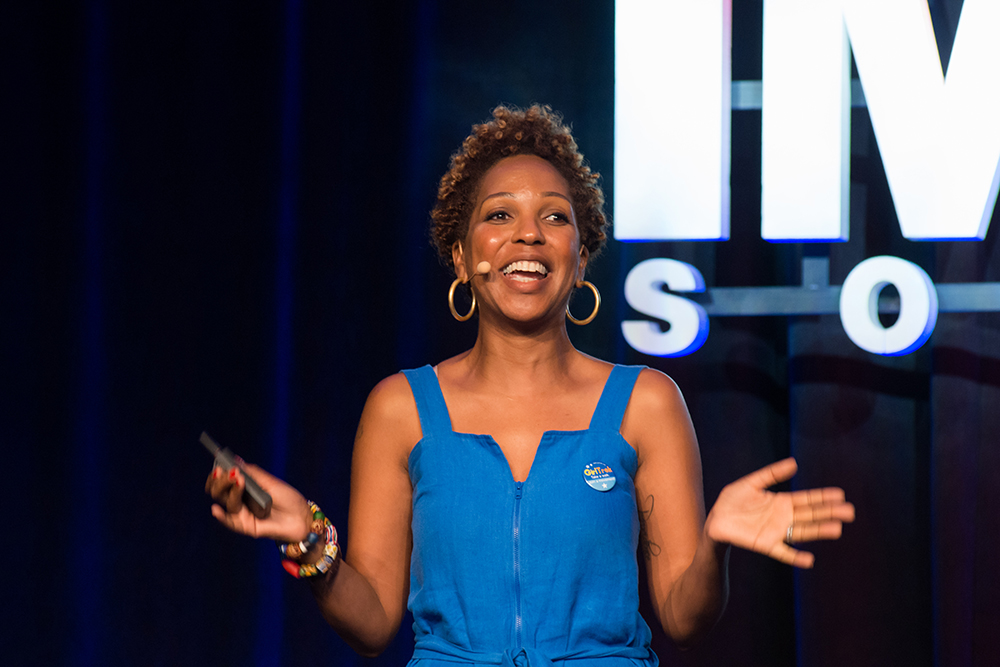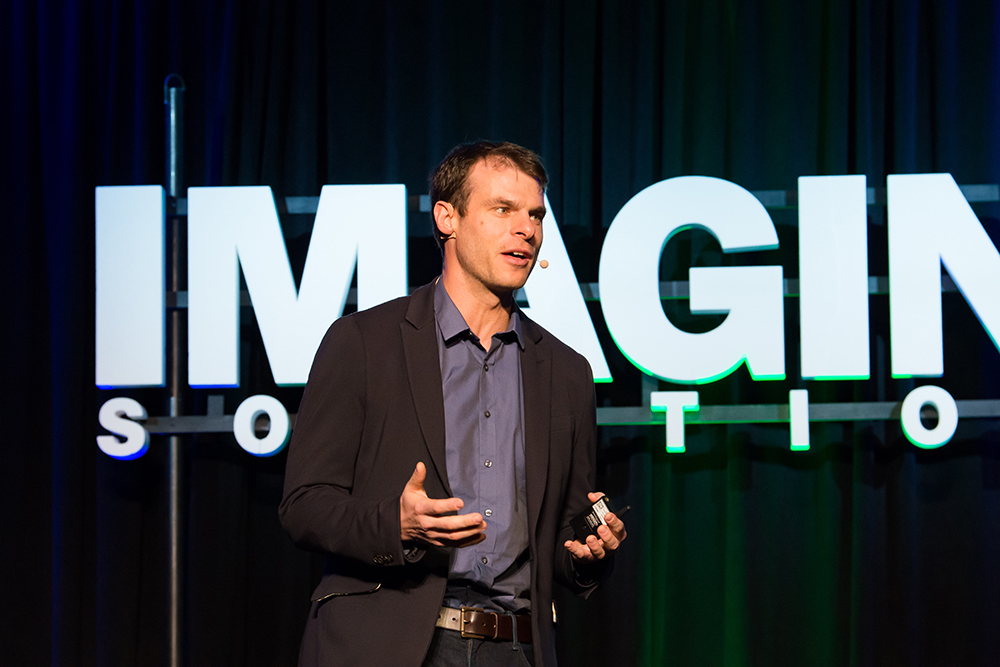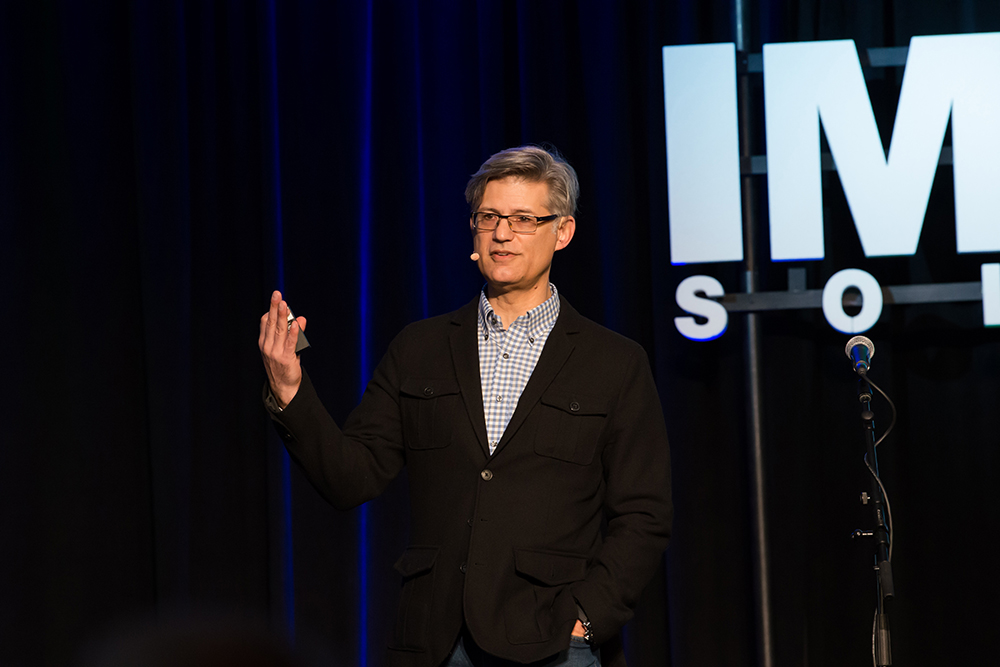Veterans and Communities Healing Together
Jake Wood founded and leads Team Rubicon, a rapid-response emergency relief organization, sending in boots-on-the-ground teams post-disaster, calling on military veterans, with their passion and desire for purpose and identity. The organization is built on fundamentally American ideals of community and coming together. With a network of 75,000 volunteers, Team Rubicon is able to have a meaningful ground presence nearly anywhere within 24-48 hours of a natural disaster. A veteran of the Marines, Jake identified how a key social and community need could be capably filled by thousands of former military, many of whom are eager to serve and continue using their elite skills.
00.00
to begin 2017 was in the United States a year of uncommon natural disasters including hurricane Emma right here in Naples and the surrounding area one organization showed up within hours of every one of those life-changing events fires hurricanes mudslides and more that hit the u.s. last year the name of it is Team Rubicon take a look a full-blown hurricane who middle the Gulf bounced back out to sea came in hovered over Houston as a tropical storm one of the worst floods in the history of the United States when you see people's lives floating in water it gets you 80% of the homes have been wiped out it's kind of a strange feeling you have no idea what can happen this is gonna be the biggest operation we've ever attempted and they're doing everything from supporting with logistics to operations team what we thought we believed that the veterans were the ideal people for disaster response
01.02
I'm an Army veterans so to see that there was a veteran organization helping people in the community I want to be a part of it most people join Team Rubicon because they are looking for that sense of purpose it's a really good place for us to show what we've got I prayed this morning Stanley sir with the help of Team Rubicon I know that my purpose in life is to continue to serve I've got my sense of purpose back I felt like I was part of a family again we're trying to mobilize volunteers from across the country we got the best team in there we're committed to sticking around see Houston there's no way you can turn a blind eye out to any of this damage is operating and they said it's okay everything will be all right we're here to help you [Music] we are so grateful as long as that flag still applying I'm
02.00
gonna do what's best for this country [Music] this is what our America's about more countries coming together I'm proud to be a part of Team Rubicon they see us and they see home and they say that there's no culinary way America was built on an ideal of neighbors helping neighbors communities come together as one Jake wood is the founder and CEO of Team Rubicon it is a 50,000 member organization of military veterans who show up at disaster sites as the first responders and there were a hundred and seventy-five of them who were here within 48 hours of when herma hit please welcome Jake wood well good morning everybody how are we doing today so it's a pleasure to be
03.00
here in the state of California California I came from the state of California it's a pleasure to be here in the state of Florida a state where Team Rubicon provided so much assistance in the aftermath of Hurricane Irma I'm gonna talk about that a little bit here in a moment but I want to start a little bit more with the back story you know I wasn't always the chief executive officer of Team Rubicon in fact 11 years ago I was actually a marine in the United States Marine Corps I was a young corporal in the Anbar province of Iraq I was serving our country during the surge I found myself in the marine corps because I was a freshman at the University of Wisconsin when September 11th 2001 happened and I went through the next four years of my life in college understanding that the world had changed and wanting to serve my country in some capacity and so when my time at the University of Wisconsin ended in 2005 I walked into a Marine recruiters office I ended up enlisting in the United States Marine Corps and that journey took me to Iraq in 2007 as part of the surge where I led a squad of 12
04.00
Marines over the course of seven months in an area that was known as the triangle of death during the deadliest year of the war now I learned a lot about myself I learned and learned a lot about people I learned a lot about leadership during that nearly year-long time in the Anbar province I was very fortunate because at the end of my year in Iraq I came back and I had all my fingers and all my toes and I was subsequently recruited into a Marine Corps scout sniper platoon a more elite unit in the Marine Corps and after about 12 weeks at Sniper school I was fortunate enough to graduate and I was put into a six-man scout sniper team and sent to the Helmand Valley of Afghanistan probably one of the most dangerous places on the face of the earth and over the course of seven months the six-man scout sniper team was tasked with hunting and tracking Taliban insurgents and drug lords in the Helmand River Valley now this was a very dangerous period in my life it was a part of my life when I learned a lot about myself I had to be very introspective and learn a lot about what it meant to have integrity and honor in
05.01
the face of such challenging and trying circumstances but once again I was very very fortunate not the end of a seven-month tour in the Helmand Valley I came back and once again I had all my fingers and all my toes and I had to make a very very challenging decision probably the hardest decision that I had made up to that point in my very young life and that was whether or not I reenlist it in the Marine Corps and continued to serve my country and continue to go off and fight in what has become the longest wars in our nation's history or make a choice to get out of the Marine Corps and go and try something else now because of my wonderful mother who was actually joining in the audience today and not wanting to put her through another four years of war I made the very challenging choice to get out of the Marine Corps I didn't know what it was gonna come next in my life so like anybody that doesn't know what they want to do with their life I figured I'd go and get an MBA high probably a couple MBAs in here I put my applications into schools all across the country and as I was waiting for those applications to come back I saw this
06.01
image come across the screen this was Haiti in 2010 and I remember sitting there transfixed watching CNN watching Anderson Cooper reporting live from port-au-prince Haiti and seeing the devastation the hopelessness the despair the destruction that was all around him and I couldn't help but think as I watch these images come across the screen that they were so similar to the experiences that I just had in Iraq and Afghanistan the devastation the destruction the the lack of resources the lack of information the need for leadership and so what I did is like like I turned the television on mute and I called a couple of organizations and offered my services and told them that I just gotten out of the Marine Corps that I just gotten back from two combat tours that I knew had to leave how to lead small teams that I could run logistics and operational planning for them and the response I got from the other side of the phone was thanks but no thanks text us $10 now eight years later running a non-profit
07.00
Disaster Response organization myself I get it but at the time I wasn't satisfied with that and so I worked with a couple of friends a friend William McNulty my college roommate Jeff Lang we recruited a couple of other Marines as Special Forces medic a flamboyant doctor and a Jesuit priest and we went down to Haiti it was like the start of a bad joke we got to port-au-prince Haiti about four days after the earthquake we began running medical triage clinics all throughout the most devastated parts of the city what we learned was that everything that we had learned in the Marine Corps everything that we had learned and prepared for in combat was applicable in these types of humanitarian situations small unit leadership risk assessment and mitigation operational planning all of these things that we had been trained for and honed in the worst situations imaginable around the planet could help people in their greatest time of need and so we came back from Haiti after about three weeks of running these medical triage clinics and we incorporated this idea as a 501c3
08.00
nonprofit that we called Team Rubicon and we set out with a very very simple goal we wanted to build the best Disaster Response organization in the world we didn't actually know the magnitude of the issues we were facing when we first started off so I'm going to talk about them a little bit right here first of all it's a fact that the frequency and severity of natural disasters have been increasing over the last three decades in the area in the era of fake news this is indisputable disasters are happening more often and they are becoming more severe and more costly now there are a lot of factors for this one is climate change whether you want to believe it or not - we have an increasing population density and those populations are beginning to center more and more along hydrological features that are increasing the severity and impact of these climate events - the damage the economic damage of these events is increasing dramatically in 2014 the economic impact of this in the United
09.00
States alone was twenty billion in insured losses and twice that amount forty billion in uninsured losses initial estimates from the Hurricanes just last year ranged from about a hundred and eighty five billion dollars to two hundred and twenty five billion dollars and frankly that number is going up as the Fiasco in Puerto Rico gets worse and worse every day that passes so that was problem number one that we quickly uncovered when we came back from Haiti the second problem or the second challenge is that we've had three million men and women serve our nation since 9/11 overseas we have 20 million veterans in the United States of all generations dating back to World War two in Korea many of these 3 million men and women who have served over the last two decades are coming home and facing some challenges some of them are having trouble finding employment some of them are having trouble reintegrating back in their community and a small portion of these individuals are facing emotional challenges such as post-traumatic stress which are often being exacerbated by
10.00
things like traumatic brain injury now this is some of these 3 million men and women but certainly not all now these challenges manifest themselves in a stunning statistic which is that 20 military veterans across these generations are taking their lives every single day in this country 20 men and women who have served their country worn the cloth of this nation take their lives each day in the United States of America that's a stain on our national integrity this is a very personal situation for me because my sniper partner one of my best friends clay hunt this young marine right here took his life seven years ago in Houston Texas and clay didn't kill himself because of what we saw in Iraq or Afghanistan or because of what we did clay was combat wounded in Iraq shot by an enemy sniper he had he had been diagnosed with post-traumatic stress and he came home he found a job what he couldn't find
11.00
after leaving the Marine Corps was purpose what he couldn't find after leaving that band of brothers was a community and what he couldn't find after taking that uniform off for the last time was a sense of identity that made him proud of who he was those were the things that killed clay a lack of purpose a lack of community and a lack of identity and so as we stared at these two daunting challenges this rising frequency and cost of disasters and these challenges that are facing the three million men and women who have come back from Iraq and Afghanistan we didn't actually look at challenges we looked at opportunities the first was better in transition okay of the three million men and women that have served since 9/11 the taxpayers you the people in this room have invested and in extreme amount of money training these individuals in critical skills and advanced skills you're putting you know three hundred and twenty thousand dollars into every single man or woman that graduates from the West Point
12.00
Military Academy six million dollars to train a fighter pilot two million dollars to train a Navy SEAL every single marine that graduates from boot camp has forty five thousand taxpayer dollars invested in him or her and that's before they go to any one of those advanced schools and then they take these skills and we have them go and practice these skills in the most austere environments imaginable across the globe these aren't people that should be liabilities in our communities balance sheets these are incredible assets but only if we think of them as such and after four or ten or twenty years serving their nation these men and women leave these military bases and return to our communities all throughout the United States taking that skill taking that experience and taking that servant service leadership attitude with them back into our hometowns in every corner of every state in the u.s. likewise every single community in this country is vulnerable to disasters now certainly if you live along the Gulf Coast you can imagine this because of hurricane season every
13.01
single year but the reality is that we have the opportunity to take these two challenges and use them to solve the other these men and women are searching for opportunities to continue to serve their country and we we are in sore need of a solution to increase the resilience of our communities in the face of these mounting challenges that are posed by disasters and over the course of the last eight years since 2010 we've built a powerful organization to do exactly this leveraging technology and leadership to build a framework that turns these idle assets in our communities these military veterans into powerful agents of change making them the leaders in their communities to serve on the frontlines when their communities need them most on their community's worst day and we've seen this transform lives throughout those those eight years we've seen these men and women get reinvigorated with this sense of purpose that frankly I have spouses frequently come to me and say thank you for giving me my husband
14.01
I now see that the the man I married once again because he's got that sense of purpose once again in his life we have the opportunity to do this and we've been very successful over the course of those eight years our membership has increased from those original eight volunteers that crossed into Haiti to 75,000 volunteers throughout the United States today we've been running operations over the course of those eight years culminating in sixty-one operations in fiscal year 2017 alone and it's taken a lot of money to be able to scale to this but we've been able to fund this entire effort through corporate foundation and individual donors who are looking at new models for increasing resilience in our communities people who are interested in investing in what amounts to a 21st century volunteer fire department leveraging a network that can tap into these idle assets in our communities now this all came to a head in the fall of last year when we first saw hurricane
15.01
Harvey tearing across the Gulf Coast Team Rubicon braced and prepared to respond and along the Gulf Coast of Texas as we saw this hurricane making landfall and respond we did but I couldn't help but think as we looked at this hurricane making landfall what if what if the 103 thousand military veterans that lived in the city of Houston a hundred and three thousand military veterans were living in Houston what if they had been organized and trained and equipped in advance of that storm how might those initial days or hours had played out differently if that had been the case or if you living here in Naples as you watched Burma and that's the eye of that storm making its way towards landfall if you had known that the two thousand six hundred and one military veterans living right here in Naples Florida or the one point four eight million veterans living across the entire state of Florida had been organized trained and equipped by an organization like Team Rubicon how might
16.00
you have felt different about the the the prospects of your ability to respond to that storm that's the future that we're looking at with what we're doing we have the opportunity to build that type of resilience into these communities and it played out perfectly during Houston we deployed nearly 2,000 military veterans from across the United States into the Houston Texas after that storm they helped 972 families conducting about 3.85 million dollars worth of volunteer labor that amounted to nearly seven million dollars of market value services to homeowners who were living on that fringe homeowners who were the most vulnerable those that were lacking homeowners insurance who without this type of assistance would have faced a financial tragedy that could have put them into a financial tailspin from which they may not have escaped because the reality is that these increasing disasters that the costs are in equitably borne by those that are most vulnerable in our community and we have to find a way to
17.00
meet that challenge head-on and so I'd ask you this you know it doesn't matter if you're in you know Manhattan or Milwaukee Chicago or Cheyenne our communities right now are divided and they are vulnerable and we have the opportunity to organize our nation's greatest resource and I say that with an incredible amount of confidence that that is what these military veterans are our nation's greatest resource we have the opportunity to organize them to become that the leaders that our communities need to face these mounting challenges and if you closed your eyes and imagine your hometown facing one of these disasters and perhaps you did just six months ago here in Naples with Hurricane Irma if you closed your eyes and imagined that storm bearing down on your home bearing down on your family and your huddled throughout the night well that the eye of that storm crashes into the walls of your home and in the morning you emerge from that storm I challenge you to think about who is it
18.00
that you would want to come and see or that you would want to come and help your family through that time the reality is I hope that after hearing this today that you would choose the the men and women who have served our country before that are living amongst us in our communities and if we can find a way to provide them that opportunity to serve not only can we increase the resilience of our communities but we can improve their transition home away from war and into a lifetime of peace and prosperity in our communities here in the United States it was a pleasure kicking off today's imagine solutions conference I want to encourage you all to stop by visit with me afterward but please please pay attention to all the speakers you have today there's some really incredible people that are coming up and I'll see you throughout the rest of the day thank you very much [Applause]

